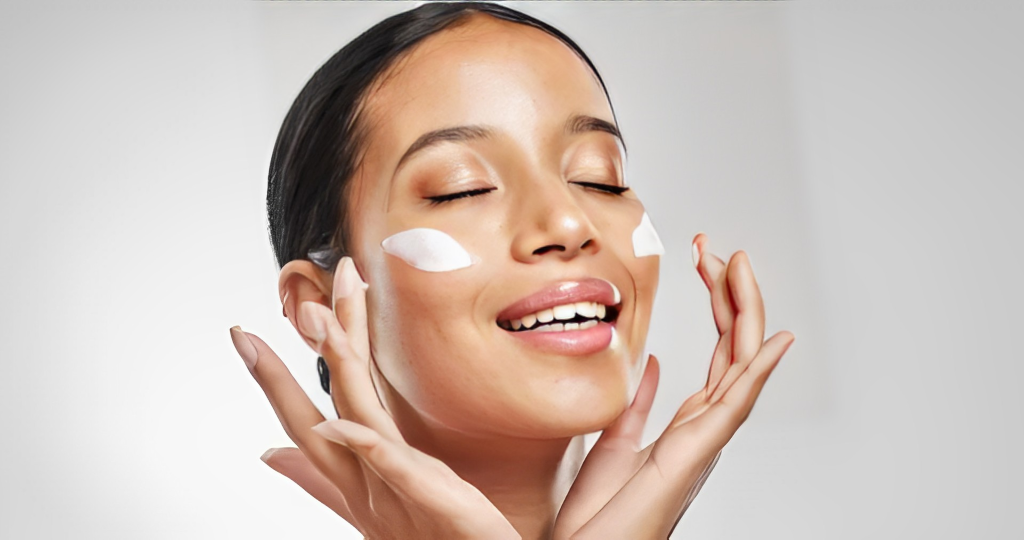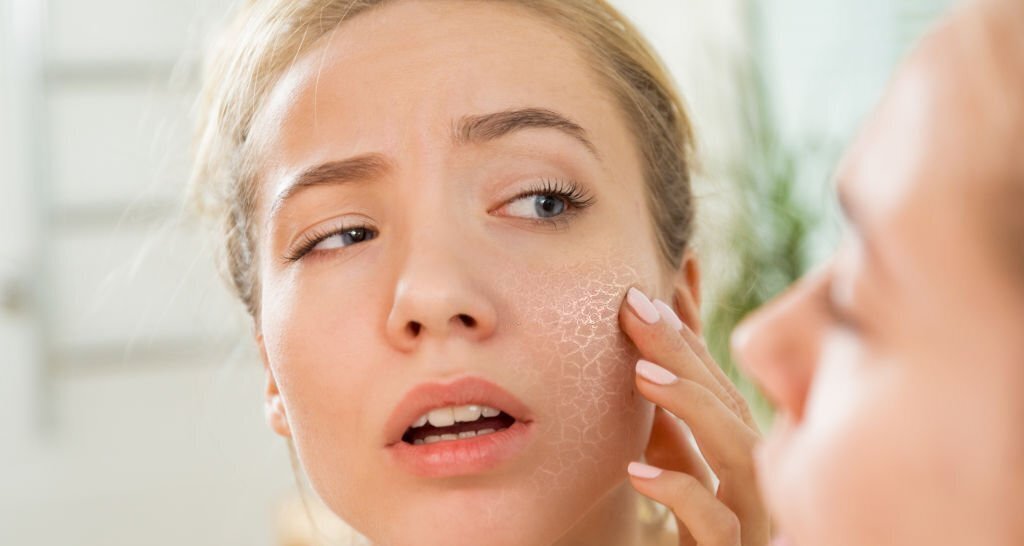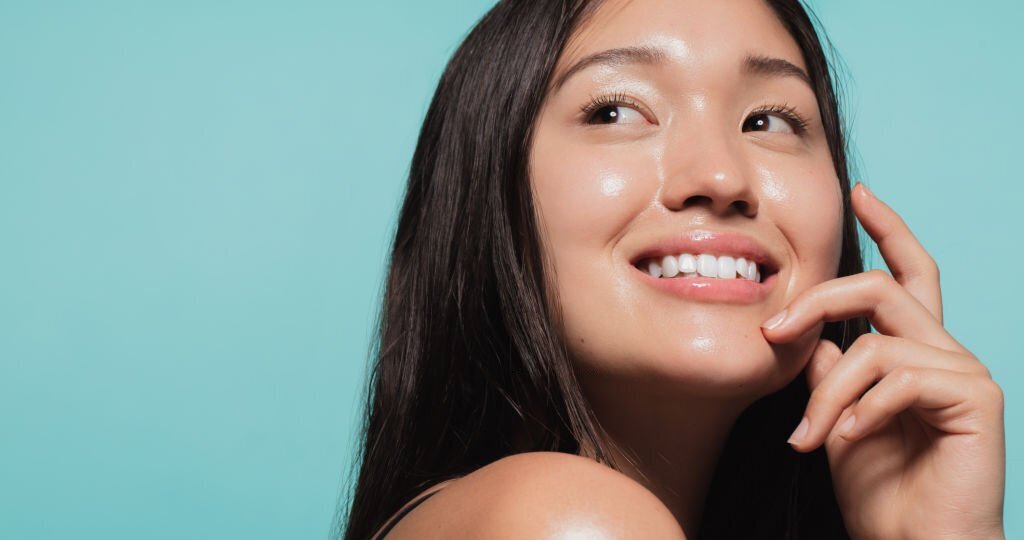People with oily skin, acne-prone skin, and sensitive skin always have a difficult time choosing the best sunscreen. When you heard of sunscreen, your mind probably jumps to the greasy, pore-clogging, strongly-scented lotion. But are all sunscreen the same? NO!
So, why is it hard to choose a sunscreen? Because you don't want to choose a sunscreen that ruins your makeup, that feels sticky and tacky only after a few hours of application. And at the end of the day, boom! You grow pimples. It's annoying, right? Not to mention the one that has crazy pilling, forming tiny balls that sit on the top of your face. All these problems will only make you hate wearing sunscreen. But not if you found the right one!
So what is everyone's dream sunscreen? Of course, the one that doesn't cause the above problems, the one that is non-oily, non-greasy, and has no ghosting effect.
How to select a good sunscreen for acne and sensitive skin?

- Make sure to choose a non-comedogenic sunscreen that doesn't contain heavy oil so it won't clog your pore.
- Go for sunscreens with a lightweight and gel texture rather than heavy and thick creams.
- Avoid fragrance as much as you can. It irritates and inflames acne.
- Avoid tinted sunscreen, as the tinting ingredients may cause clogged pores.
So what sunscreen should you use? Which one is the best for you?
Let's give it a try with NIHON Water Gel UV sunscreen!

What makes NIHON Water Gel UV sunscreen different? What makes it a good sunscreen?
NIHON Water Gel UV sunscreen is not any ordinary sunscreen you have met before. It is a new generation sunscreen that is gentler and safer to the skin, even for sensitive skin and acne-prone skin. So, if you are searching for sunscreen that has a low risk of causing acne, this is for you!
It doesn't stop there. Here are more benefits of this sunscreen 👇🏻
✔️ SPF 50 PA +++ with a broad spectrum protection from both UVA and UVB rays.
✔️ Lightweight and fast absorb into the skin. So it's not sticky and not greasy!
✔️ Non-comedogenic so it doesn't cause clogged pores.
✔️ Containing yeast extract to provide long-lasting hydration to the skin.
✔️Formulated with advanced UVA/UVB technology.
"NIHON Water Gel UV sunscreen is a hybrid sunscreen"
Do you know what a hybrid sunscreen is? Hybrid sunscreen is a combination of both physical filters and chemical filters. It has quick absorption, lightweight texture, make it very comfortable for the skin. It's not just that. Hybrid sunscreen is also non-comedogenic and anti-inflammatory so, it is suitable even for sensitive skin. The best thing? NO WHITE CAST AFTER APPLY!
What type of skin that can use NIHON Water Gel UV sunscreen?
✔️Acne prone skin
✔️Combination skin
✔️Oily skin
✔️Dry skin
✔️Sensitive skin
✔️Normal skin
The star ⭐ ingredients
1. Zinc Oxide
Zinc Oxide is safe for your skin; it sits on top of your skin without penetrating the skin. As Zinc Oxide is a physical sunscreen, it works like a mirror. Reflect, block, and protect the skin from sunlight. Less likely to irritate the skin so, no worry about the stinging feeling after you apply.
2. Micronized Titanium Dioxide
Titanium Dioxide is a broad-spectrum physical filter. It protects the skin against both UVA and UVB rays. Why is it micronized? First of all, a micronized sunscreen is better than nano-sized sunscreen. With the bigger particle size, it will not penetrate deep into your blood capillary. Next, a micro-sized sunscreen is perfectly safe for coral reefs. It is more stable than nano-sized Titanium Dioxide with better sun protection.
3. Bemotrizinol & Bisoctrizole
You are probably already familiar with the old generation of chemical filter ingredients. But do you ever heard of this dynamic duo, Bemotrizinol & Bisoctrizole? They are the NEW generation of chemical filter ingredients. Well, you know, if it is new, then it is the improved formula.
They are proven to be gentler than the traditional chemical filter. Spread on the skin smoothly without giving that greasy feeling. The best thing? Bemotrizinol & Bisoctrizole is REEF SAFE too! So you can bring together to your beach trip without worry about destroying the coral reefs!
4. Yeast extract
Yeast extract is a unique derivative of fungi with a high concentration of antioxidants to protect the skin from harmful free radicals. The protective mechanism does not only help to maintain the skin’s appearance but also acts as an additional skincare advantage. So you can have a sunscreen that is moisturizing and contains soothing properties!

Prevent, repair, and protect your skin with NIHON Skin Regular Set! We care about everyone's skin so, NIHON only contains high-quality ingredients formulated by certified dermatologies from Japan and Malaysia. We promise to deliver the best result to your skin. Let's achieve your dream skin with NIHON!
You can also purchase together with our sunscreen!



